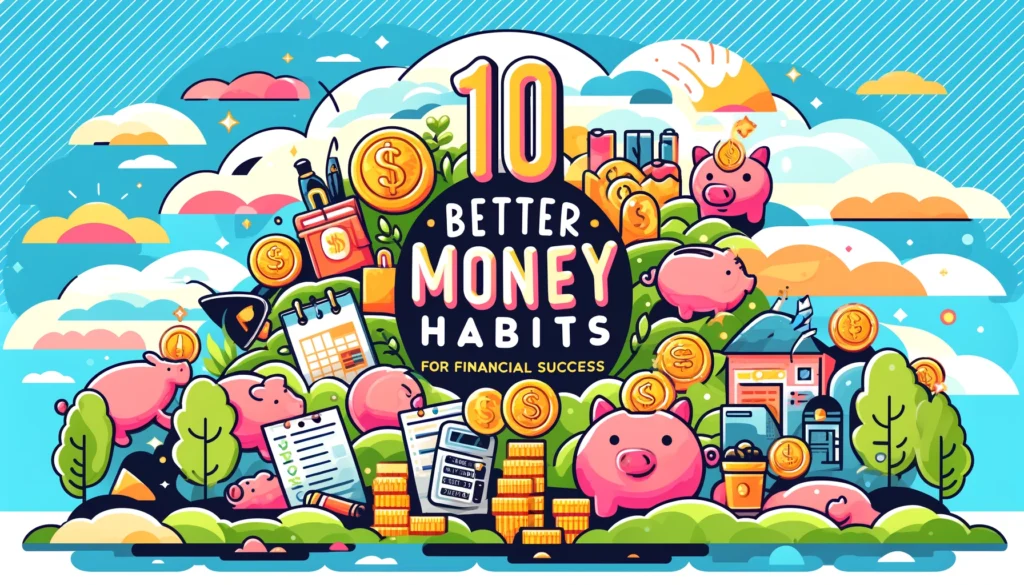The Comprehensive Guide to Debt Consolidation Loans
Index:
– Introduction
– Understanding Debt Consolidation Loans
– Why Consider Debt Consolidation?
– Pros and Cons of Debt Consolidation Loans
– How to Get a Debt Consolidation Loan
– Lenders for Debt Consolidation Loans
– Frequently Asked Questions
– Conclusion
Introduction
Debt can be overwhelming, especially when it accumulates from multiple sources like credit cards, medical bills, or payday loans. Managing several payments each month can be stressful and confusing. Here’s where debt consolidation loans come into play. But what are they, and how can they help you manage your finances better? This comprehensive guide will delve deep into the world of debt consolidation loans to help you decide if they are the right solution for you.
Understanding Debt Consolidation Loans
Debt consolidation loans are a financial tool designed to combine various unsecured debts into a single, manageable loan. Instead of juggling multiple payments with varying interest rates, you make one fixed monthly payment until you’ve paid off all your debt. This can simplify your financial life significantly.
How Does Debt Consolidation Work?
Typically, the loan terms range from two to seven years, depending on the lender and the amount borrowed.
Why Consider Debt Consolidation?
Debt consolidation offers several benefits that can make managing your finances easier. Here’s why you might consider it:
Consider an example: if you have $10,000 in credit card debt at an average APR of 23%, it can take years to pay it off with the minimum payments and cost you thousands in interest. A consolidation loan with a lower APR can reduce the overall interest you pay and shorten the time to repay the debt.
Pros and Cons of Debt Consolidation Loans
Before deciding on whether to pursue a debt consolidation loan, it’s essential to weigh its pros and cons.
Pros:
– Lower Interest Rates: You may qualify for a lower interest rate.
– Single Payment: Simplifies your monthly debt payments.
– Clear Repayment Timeline: Fixed loan terms make it easier to know when you’ll be debt-free.
Cons:
– Qualification Requirements: A low-interest rate may require a good credit score.
– Still in Debt: The loan doesn’t eliminate debt, it simply restructures it.
– Potential Fees: Some lenders may charge origination fees or other costs.
Understanding these advantages and disadvantages can help you make a well-informed decision.
How to Get a Debt Consolidation Loan
The process of securing a debt consolidation loan can seem complicated, but breaking it down into steps makes it more approachable.
Once approved, use the loan amount to pay off your existing debts, then begin making payments on your new loan.
Lenders for Debt Consolidation Loans
Finding the right lender is crucial for getting a good deal on your debt consolidation loan. Here are some top options:
Each lender has its strengths, so choose one that fits your needs best.
Frequently Asked Questions
*Is debt consolidation a good idea?*
If you have high-interest debts and can secure a lower rate with a consolidation loan, it can be a good idea.
*How hard is it to get a debt consolidation loan?*
It depends on your credit score and financial history. Good credit scores generally make it easier.
*What qualifies you for debt consolidation?*
Good credit, steady income, and a manageable debt-to-income ratio are essential.
*Can I still use my credit card after debt consolidation?*
Yes, but it’s advisable to avoid accumulating more debt. Stick to a budget to prevent future financial problems.
Conclusion
Debt consolidation loans can be a valuable tool to manage and pay off your high-interest debts. By consolidating multiple debts into a single monthly payment, you can simplify your finances and potentially save money on interest. Make sure to assess your financial situation thoroughly and compare different lenders to find the best option for you. To find more details on the best debt consolidation loan options, click here and here. Always consider the pros and cons and whether debt consolidation is the right solution for your financial needs. Happily, managing your debts might just become a whole lot easier!

